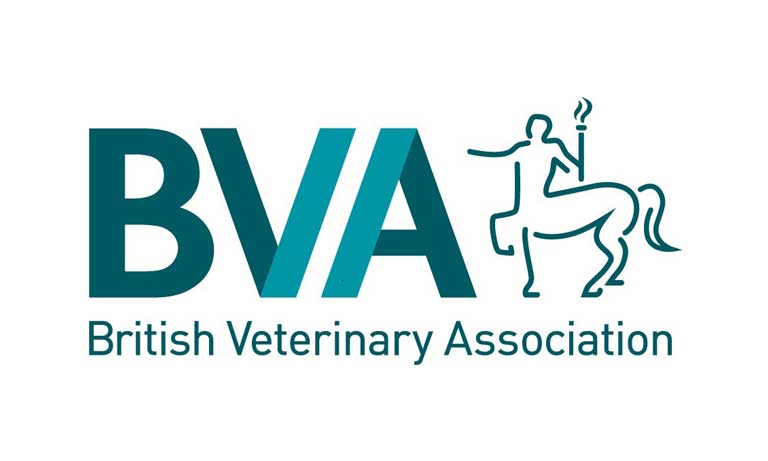Brucella canis: what vets need to know
14 Feb 2024
22 Sep 2019 | David Charles
All UK vet students have to complete extra-mural studies (EMS). Here, David, highlights some of the key benefits to students and practices of EMS, plus discusses why he led the development of the AVS EMS Resources in 2018/19 & their impact.

Anecdotally, we’ve always heard from students that EMS placements are hugely variable, with cost acting as a barrier for some, and quality of placements can also sometimes leave room for improvement. We also regularly hear from practitioners that they find it hard to know what students are able to do/want to get from placements.
That’s why at London Vet Show 2018 we launched the AVS pre-EMS template forms for setting objectives across small animal, farm animal and equine practice - to help both students and practices get the most out of EMS placements.
It’s in everyone’s interests to make sure both employers, employees and students get the most out of EMS placements.
If you have had a conversation about where a student feels their strengths lie and skills they are confident at performing, they can help with tasks around the practice during the EMS placement itself (eg if confident at IV venepuncture and cathers, then they can assist the nurses with pre-ops), building their skills and confidence and being a valuable extra pair of hands around the clinic.
n addition, there’s always been a link between EMS and new graduate recruitment, but now we can put some figures to this.
In 2018, AVS ran the first Extra-Mural Studies Experience Survey, to delve deeper into students experiences on placements, as well as understanding what they wanted from EMS. The survey also spoke to recent graduates about how they felt EMS prepared them for new graduate life. Almost 62% of graduate respondents either applied for, or received a job offer from, an EMS provider.
In a nutshell; EMS can provide both practices and students with an extended look at a possible employee or first job. The experience you provide these students with on EMS will definitely be shaping the type of applicants you have for new graduate jobs. Vet students are possibly more connected than ever now with groups such as Veterinary Voices Students bringing all UK and Ireland students together to discuss things, including specific EMS placements and the support they’ve had in their training.
We also know there’s potential to recruit directly from EMS students who attend your practice and save the time and money of advertising, instead putting these resources into a student who may come and work for you.
The headline statistic from our EMS survey has to be that 93.7% of students wanted an objective setting conversation at the start of/prior to a placement and that only 12% of students said this was happening (We had over 1,250 responses approx. 24% of AVS UK and Ireland members).
As a result of what we learnt from the AVS EMS Experience Survey, we wanted to produce a low input resource to help structure EMS placements to individual students & to help students feel engaged with EMS placements. That’s where our AVS pre-EMS template forms for setting objectives come in.
The idea of the first page of the form is that it’s pinned up in the prep room (small animal) or staff room/office (small, farm or equine practices) so that everybody in the practice can be involved in teaching the student you have on EMS that week. It provides clear information about what the student has covered, and objectives they’ve come up with for the placement too.
I’m a firm believer that everybody in a veterinary practice can teach students useful skills.
Just because someone’s a vet student, it doesn’t mean they can only learn from vets! I learnt a lot of my core clinical skills (eg IV catheters, blood sampling, appropriate patient restraint etc) from the vet nursing teams on my EMS placements. Spending time on the front desk also taught me a lot about triage and gave me an appreciation for what goes on before the patient steps into your consulting room. Spending time with the practice management team can also provide a good grounding in veterinary business and the day to day requirements of running a practice.
It’s incredibly hard to be part of a team if you don’t understand other people's jobs so make sure you/your students get to spend time with other people in the practice too.
The second and third pages are for the student to score their confidence at a number of key skills that are based upon what respondents to our survey said they wanted to learn/improve on their EMS placements, and the OSCE skills lists at the UK vet schools. There are different lists for different years of study, and a blank page for students to add any extra skills too. Students we spoke to when assessing the impact of the EMS resources noted the skills list “...[was] really motivating, to keep getting my skills & confidence up.”
Do the resources work?
Ahead of the talk at BSAVA Congress 2019, we spoke to 67 practices of practices who said they used the resources and 100% of these agreed that the AVS EMS resources made tailoring EMS to specific students easier. Similarly, 83% of students said they improved their EMS experience and 8/10 would recommend to a friend.
The AVS EMS Resources for Small Animal, Farm and Equine extra-mural studies are freely downloadable on the resources section of the AVS website, so try them at your practice today - send them out to EMS students when they book and see how you can unlock the full potential of EMS placements.
Get tailored news in your inbox and online, plus access to our journals, resources and support services, join the BVA.
Join Us Today